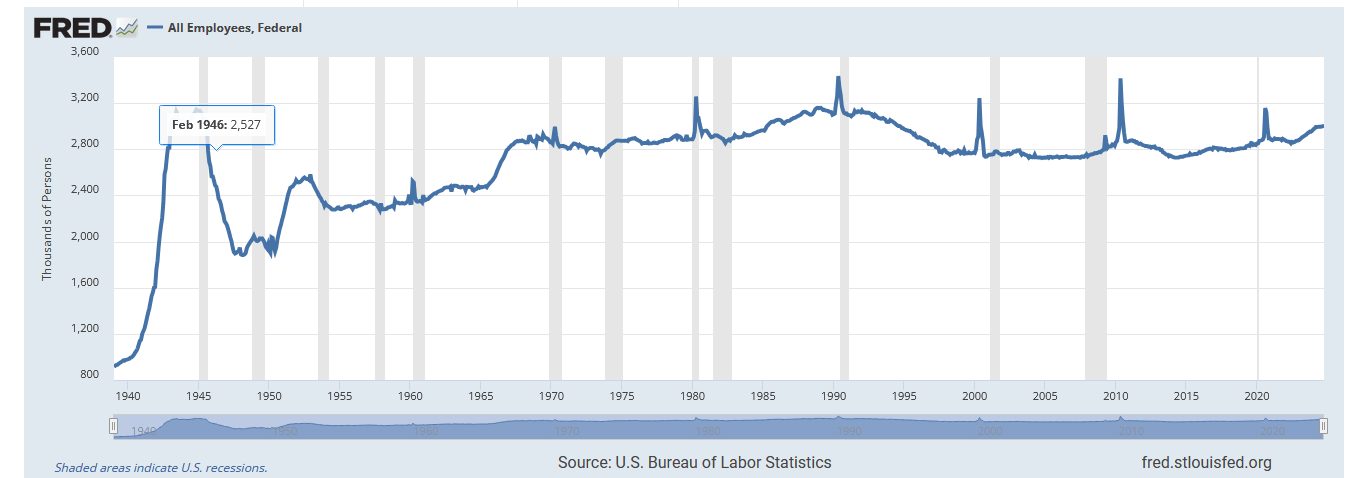A couple weeks ago we discussed why money still flows into America: returns are higher.
Generally US assets are highly valued and money tends to flow into the US over other countries. This is because US assets out-perform. The Chinese stock market, like the US market of the 50s and 60s, trades sideways. The US stock market since Greenspan never stops going up: crashes are just speed bumps. Likewise, US housing prices just keep going up, and so on.
On its face, money flooding into the US seems odd. After all, it’s not even close to the world’s most dynamic economy. China is ahead in 80% of technologies, the world’s largest manufacturer, and increasing its lead. In the last 3 years it has increased the numbers of cars it produces by five times, surpassing the US, Japan, South Korea and Germany, all of whom it was behind.
This is a good thing (sort of) if you’re rich and own a lot of assets in the US. It is a bad thing if you don’t, and you’re American. (Europe is similar, but in some ways better for ordinary people.)
American companies just aren’t competitive, because they are always seeking higher profits, which means higher prices, and they actively work to make sure there is no real competition inside the US. Everyone wants to be a monopoly or part of an oligopoly. They want a “moat”, something that means other companies can’t compete with them and government refuses to regulate price gouging.
That produces higher returns, but if you’re going up against a country which has actual competitive markets you’re screwed because they have lower prices and always will. This is the argument for tariffs, to keep American companies competitive in America against cheaper foreign goods. To re-industrialize it would have to be profitable, and it isn’t. The US market is increasingly only America and whatever allies can be convinced to tariff China (which many do, but will they continue to do so?)
Plus, even then, American companies won’t invest unless they can make profits higher than what Chinese companies would accept.
American companies are all financialized. They’re looking for unfair profits, they’re not actually competitive and worse, they don’t want to compete.
OTOH, a lot of Chinese companies are sharks. They compete savagely and they are willing to cut profits razor thin to gain market share.
Additionally the Chinese just move faster, and they have 90% of their own stack in China, while the US has less than 50%. America, ironically, needs China’s help if it wants to rapidly re-industrialize, it needs aggressive anti-trust enforcement, and it needs to change various laws to make financialization far more difficult.
Start with just outlawing PE. Get rid of stock buybacks. Stop pumping the stock market. Ruthlessly go after everyone deliberately raising real-estate, rent, food and other prices.
Slash, in general, all excess profits (like healthcare). Crash the cost structure. Free up consumer demand.
Everything’s being spent on AI, which is increasing energy costs for every other business in the country, and draining investment from anything actually productive. and the US cannot win the AI race, it’s impossible. At best it can get a draw and I doubt it’ll even get that. Chinese AI is open source and uses far less energy, plus the Chinese are building new energy like crazy.

To re-industrialize and compete with China is impossible for the time being. Not in theory, it’s possible theoretically, but it is impossible in practice.
Why? Because NO ONE in power or who can get into power wants to give up their outsized unfair financialized profits.
This is why it’s all Kabuki bullshit. China will keep pulling away. The US cannot compete, because the US refuses to compete. Its only effective policy is to loot its vassals, but that won’t save it.
To a large degree this is why I don’t bother with wonky analysis any more, except occasionally to show it’s pointless. The game is over. The US lost its last chance in 2009, everything since then has just been playing out a game the US cannot win because its elites will never allow the policies necessary to win.
The only way out is thru. The US economy will have to essentially collapse, this type of elite will have to be driven entirely out of power and replaced by industrial elites. Only IF and THEN will it be possible to re-industrialize. That is, best case, a decade in the future, and will start from an even worse position than now.
By then we’ll have even worse climate change and cascading environmental problems.
The next 40 years are going to be UGLY for most of the West.
This site is only viable due to reader donations. If you value it and can, please subscribe or donate.

 This is why there were and are so many alcoholic and drug using writers. We all know that the best writing comes when you turn off the filters; when you don’t give a damn and just write. Any anxiety kills the flow and destroys one’s best writing. (Please don’t take this as a suggestion to down a fifth of gin before writing. It’ll destroy you in the not very long run.)
This is why there were and are so many alcoholic and drug using writers. We all know that the best writing comes when you turn off the filters; when you don’t give a damn and just write. Any anxiety kills the flow and destroys one’s best writing. (Please don’t take this as a suggestion to down a fifth of gin before writing. It’ll destroy you in the not very long run.)